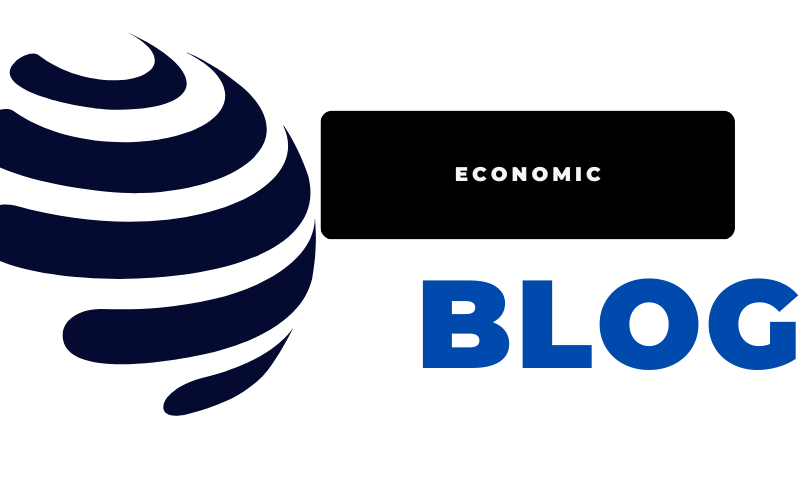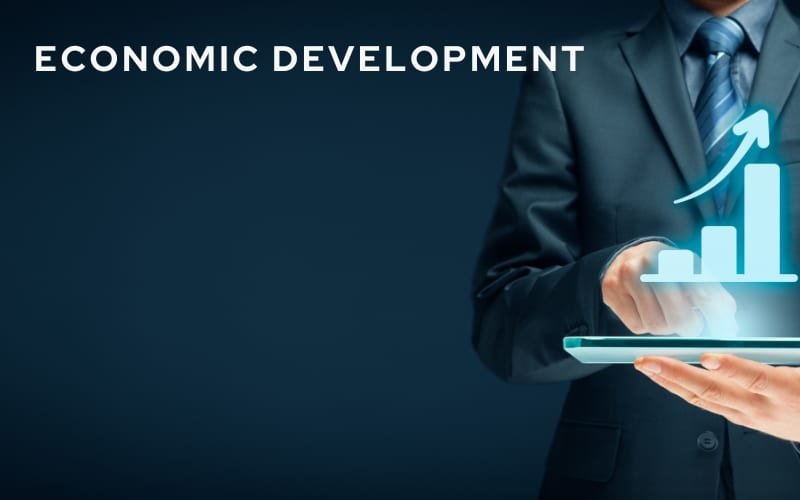The field of economic development offers a multitude of education programs aimed at providing professionals with the knowledge and skills necessary to make a significant impact in the realm of economic growth. These programs offer foundational knowledge and practical insights, enabling participants to pursue careers in economic development. Here are some notable economic development education programs:
Basic Economic Development Courses (BEDCs)
Basic Economic Development Courses serve as entry-level training for individuals looking to enter the economic development field. These courses lay the groundwork by covering essential economic development concepts. BEDCs are designed for those new to the profession or experienced practitioners looking to refresh their knowledge. They are often a prerequisite for obtaining certification, such as the Certified Economic Developer (CEcD) credential offered by the International Economic Development Council (IEDC). Learn more.
Economic Development Academy (EDA)
The Economic Development Academy is an intensive training program that includes two IEDC training courses, a virtual happy hour, and the Exam Essentials Workshop. Successful completion of the program results in the prestigious CEcD designation, which is widely recognized in the economic development profession. It is a mark of excellence that sets professionals apart in the field of economic development. Explore the program.
Community Economic Development Professional Certificate Program
This program focuses on equipping participants with the essential principles, concepts, and strategies needed to address economic challenges in communities. It emphasizes the creation of infrastructures to generate jobs, the effective utilization of financial resources, and the use of technical tools to stimulate local businesses. Participants gain the knowledge and skills necessary to drive economic development in their communities. Find out more.
Economic Development Courses
Various universities and online platforms offer specific economic development courses. These courses cover a broad range of topics, including globalization, decentralization, and local responses to economic challenges. Institutions like Harvard University and Coursera provide educational opportunities for those seeking to enhance their understanding of economic development. Discover courses.
These programs are structured to provide a solid foundation in economic development and prepare participants to address the challenges and opportunities in this dynamic field. They cater to professionals working in various sectors, including community development corporations, community development financial institutions, foundations, nonprofit organizations, and private financial institutions.
Prerequisites for Basic Economic Development Courses (BEDCs)
Prerequisites for enrolling in a Basic Economic Development Course may vary depending on the course provider. These courses are typically designed for a diverse audience, including individuals new to economic development and experienced practitioners seeking to enhance their skills. While there are no strict educational prerequisites, some familiarity with economic development concepts can be beneficial. For example, the New York Basic Economic Development Course serves as a core prerequisite for professionals looking to earn the CEcD credential through IEDC. Learn more.
Topics Covered in Basic Economic Development Courses
The content of Basic Economic Development Courses may vary, but these courses generally provide a comprehensive overview of economic development principles and practices. Topics commonly covered include:
- Economic development concepts
- Trends in economic development
- Strategies for development location
- Practical techniques and best practices
- Business retention and expansion strategies
- Economic development finance
- Marketing and attraction methods
- Small business and entrepreneurship development
- Real estate development and reuse strategies
- Workforce development approaches
- Community and neighborhood development
- Managing economic development organizations
- Ethical considerations in economic development
The courses may also include case studies, peer learning, and insights from experienced practitioners to provide practical insights and real-world applications. The curriculum aims to equip participants with the knowledge and skills required to engage effectively in economic development initiatives. Explore course details.
Practical Techniques and Best Practices in Basic Economic Development Courses
Basic Economic Development Courses introduce participants to various practical techniques and best practices in the field of economic development. These may include:
- Tools for planning local economies and how to effectively utilize them
- Strategies for business retention and expansion
- Techniques for marketing and attraction to attract new businesses
- Approaches to small business and entrepreneurship development
- Strategies for real estate development and reuse
- Techniques for workforce development
- Approaches to community and neighborhood development
- Understanding the fundamentals of economic development finance
- Best practices in strategic planning
- Analyzing and profiling local economies
- Managing economic development organizations effectively
- Addressing ethical dilemmas in economic development
These practical techniques and best practices provide participants with the skills and knowledge needed to support and drive economic growth in their respective communities. The courses focus on hands-on application through simulated case studies based on real-world challenges. Learn more.
Key Takeaways from Basic Economic Development Courses
Basic Economic Development Courses offer participants a wealth of knowledge and skills that are invaluable for their careers in economic development. Key takeaways from these courses often include:
- A solid foundation in economic development concepts, methods, and practices
- An understanding of industry trends, strategies, and essential tools
- The ability to analyze and profile local economies
- Knowledge of practical techniques and best practices in various aspects of economic development
- Understanding of economic development finance and capital market programs
- Competence in developing and implementing strategic plans for economic development
- Insight into ethical considerations in the field
- The ability to network with other professionals and enhance their skills and understanding of the economic development field
The courses are designed to empower participants with the knowledge and skills needed to effectively contribute to economic development initiatives and address real-world economic challenges. They offer a dynamic and interactive learning environment, fostering practical application and hands-on experience. Learn more.
In summary, economic development education programs offer a pathway to acquiring the knowledge and skills necessary for impactful careers in this field. These programs cater to individuals at various stages of their professional journeys and provide a foundation that prepares them to address the diverse challenges and opportunities in the world of economic development. Whether through introductory courses, advanced training, or specialized certificates, economic development education programs offer a diverse array of opportunities for career growth and success.












finance and economics